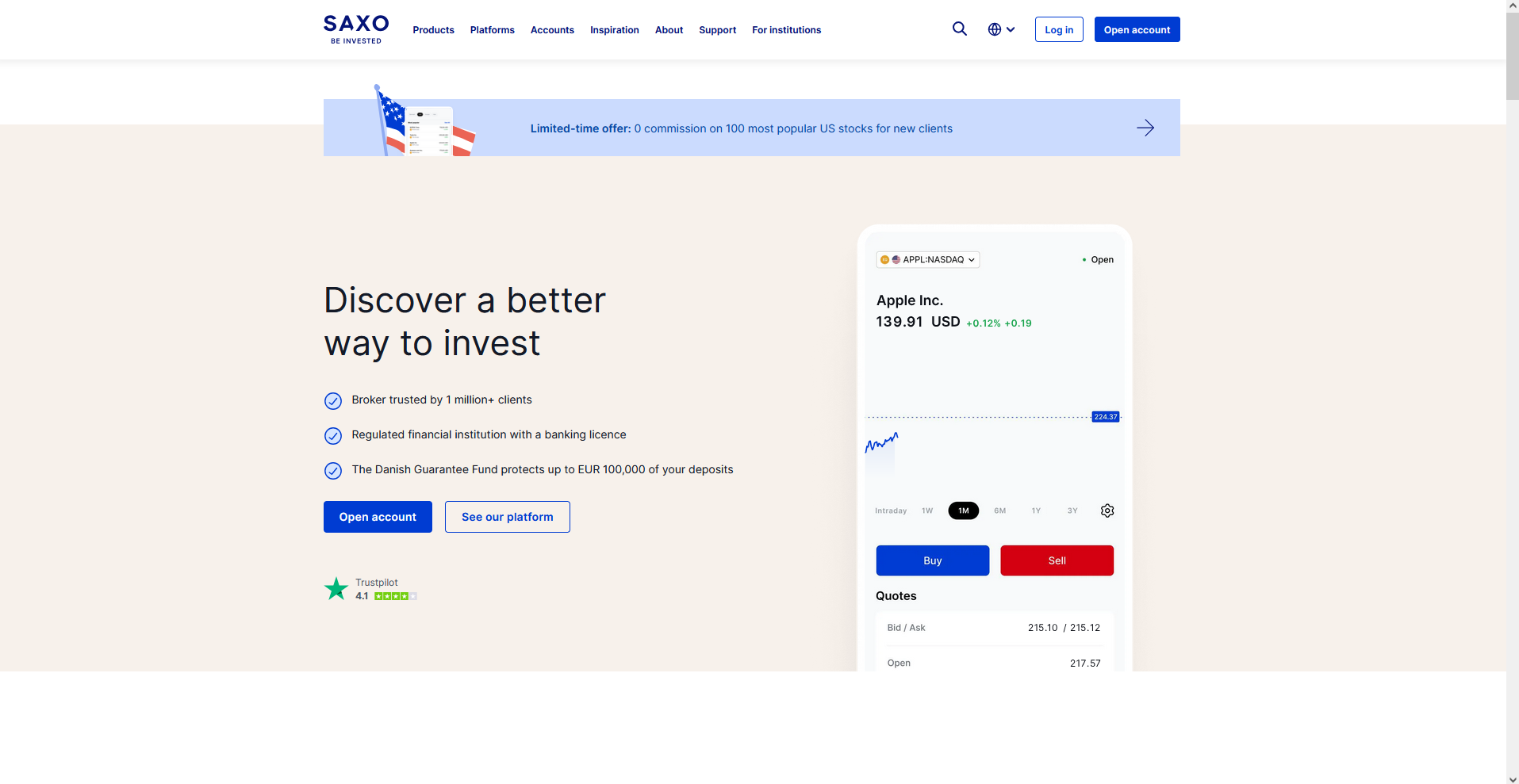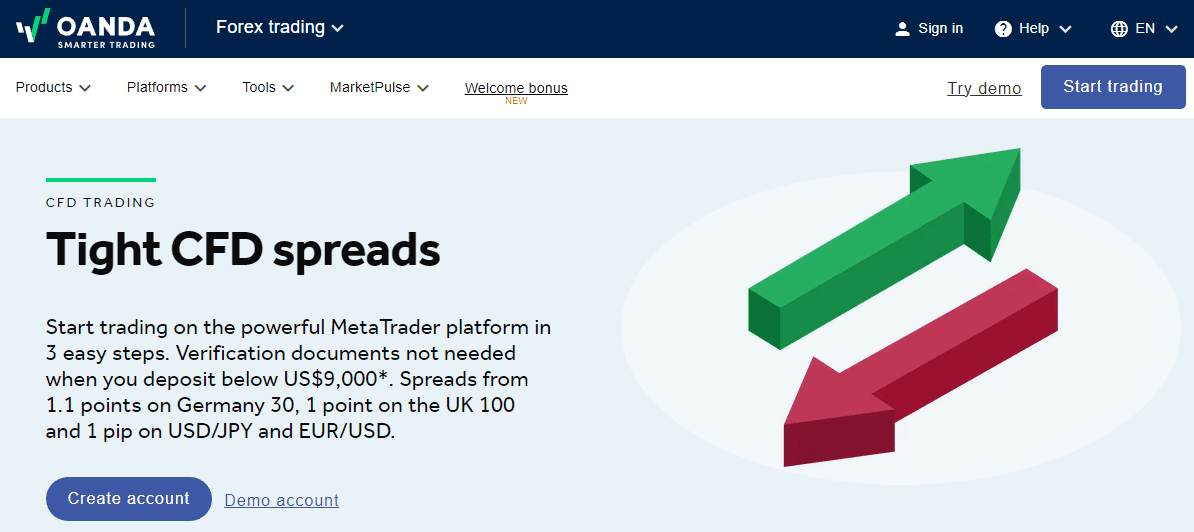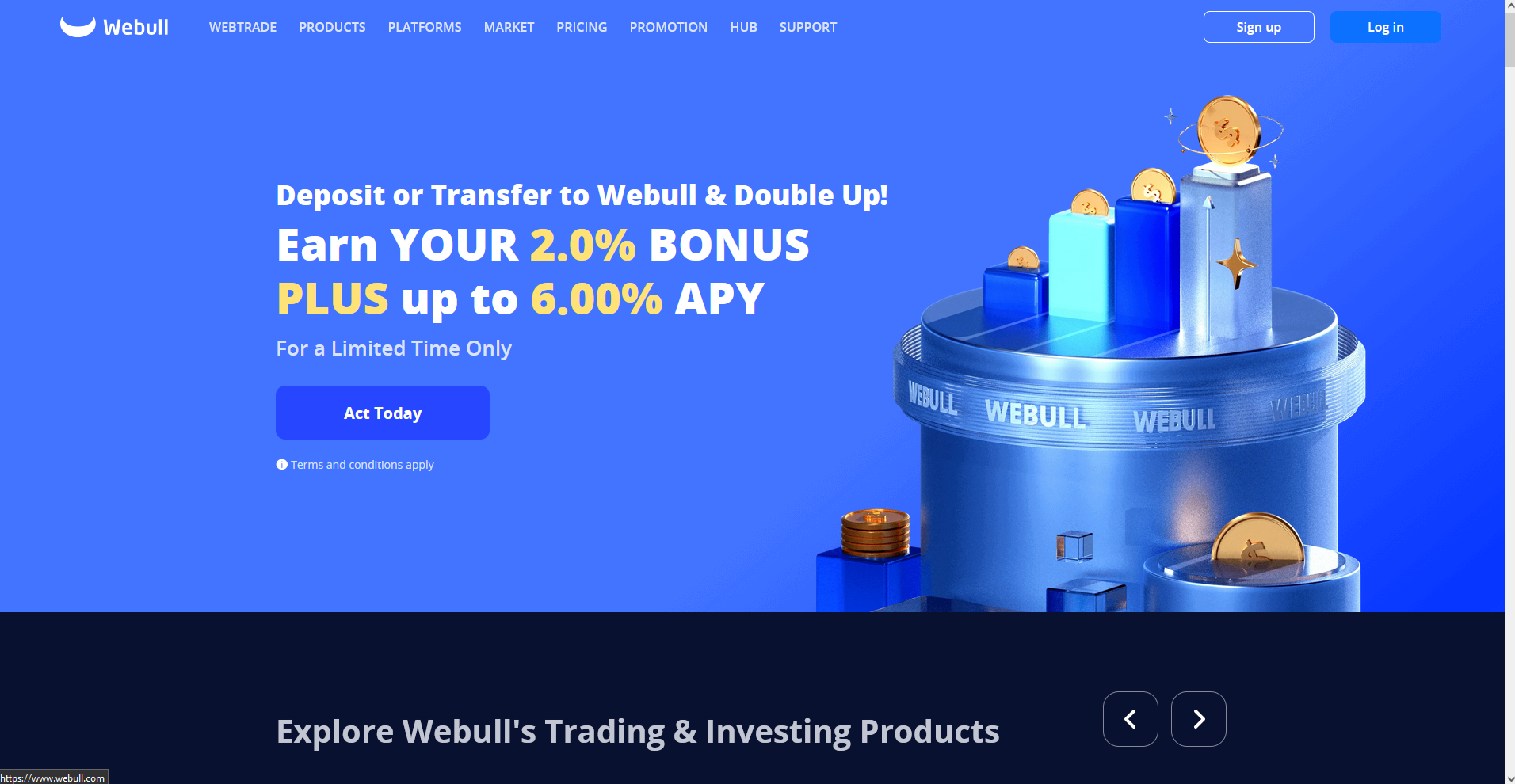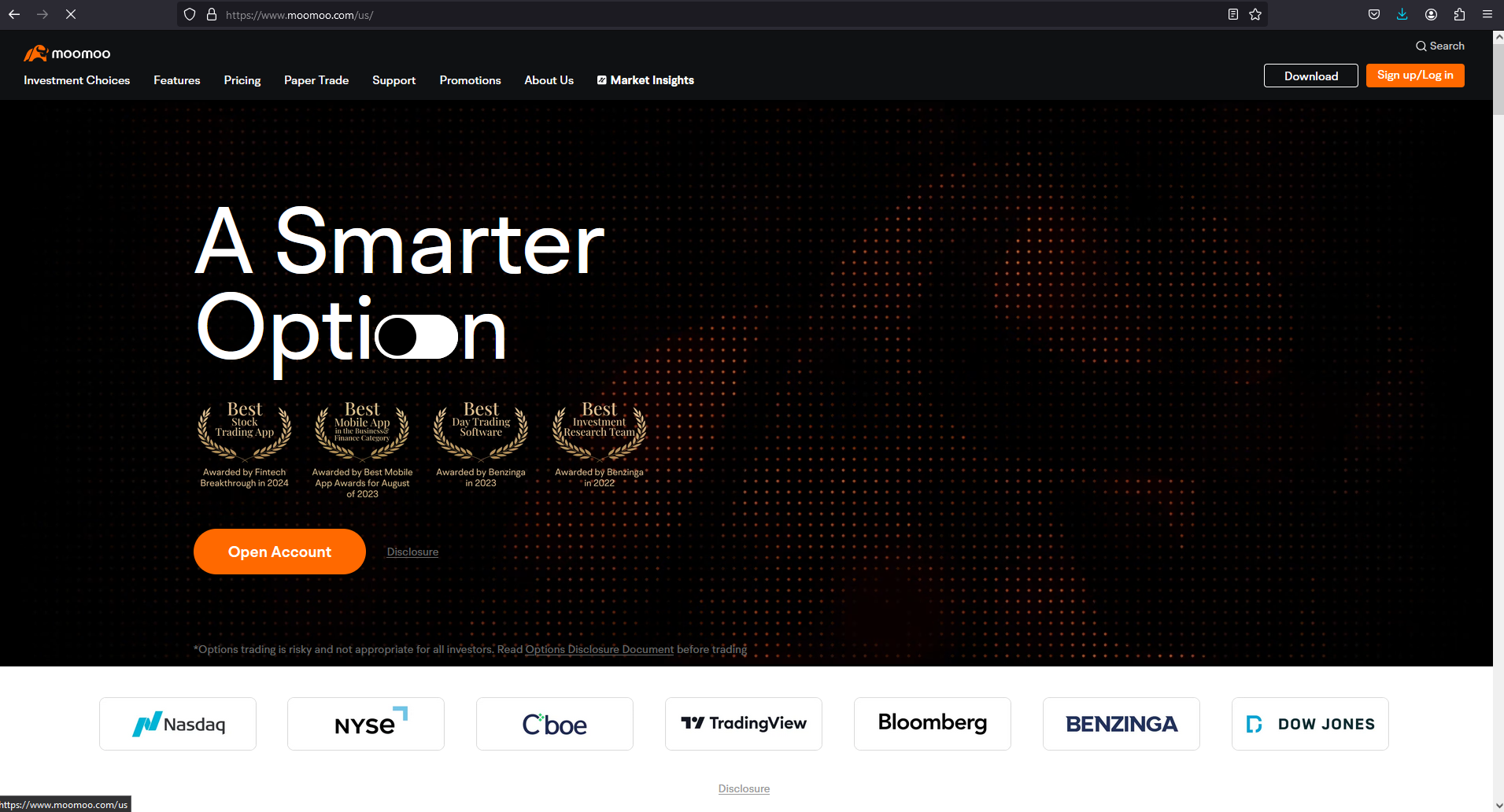Finding the right broker in Singapore can make or break your trading experience! With a booming financial hub and access to global markets, Singaporeans have access to some of the world’s best brokers. Whether you’re a beginner or an experienced trader, selecting the right partner is critical. Asia Forex Mentor provided a guide for future and existing traders around the world, we’ll explore the top-rated international brokers in Singapore for 2024, helping you make an informed choice for your trading journey in foreign exchange markets in this online broker reviews.
Key Features of Top International Brokers
When selecting a reliable international broker, it’s essential to consider several key features:
1. Regulatory Compliance and Licensing
A trustworthy broker should be regulated by reputable financial authorities, ensuring adherence to industry standards and protection of client interests. For investors in Singapore, it’s crucial to choose brokers regulated by the Monetary Authority of Singapore (MAS), which oversees financial institutions and enforces stringent compliance measures.
2. Competitive Fees and Transparent Pricing
Understanding the fee structure is vital, as costs can significantly impact returns. Look for brokers that offer competitive spreads, low commissions, and minimal hidden fees. For instance, Interactive Brokers is known for its low-cost trading options, making it a popular choice among cost-conscious investors.
3. Advanced Trading Platforms
A robust and user-friendly trading platform enhances the trading experience. Features to consider include real-time data, advanced charting tools, and seamless execution. Brokers like Fidelity offer platforms that combine ease of use with comprehensive research tools, catering to both beginners and experienced traders.
4. Responsive Customer Support
Effective customer support is essential for timely assistance and resolving issues. Opt for brokers that provide 24/7 support through various channels, including phone, email, and live chat. Charles Schwab, for example, is recognized for its exceptional customer service, ensuring clients receive prompt and helpful responses.
5. Diverse Range of Tradable Assets
Access to a wide array of financial instruments allows for portfolio diversification. Brokers offering a broad selection of assets, such as stocks, forex, commodities, and ETFs, provide greater flexibility in investment strategies. Interactive Brokers facilitates trading in more than 150 global markets, offering extensive asset variety.
6. Educational Resources and Research Tools
Quality educational materials and research tools empower investors to make informed decisions. Brokers that provide webinars, tutorials, and market analysis support continuous learning and strategy development. Fidelity stands out for its robust research capabilities and educational resources, catering to investors seeking in-depth market insights for ultimate comprehensive trading package.
By evaluating brokers based on these criteria, investors can select a platform that aligns with their trading needs and objectives in the global financial markets.
The 5 Best International Brokers in Singapore in 2024
Selecting the right international broker is crucial for investors in Singapore seeking to navigate international markets effectively. Below is an overview of five top international brokers available in Singapore as of 2024, highlighting their features, advantages, and potential drawbacks.
#1. Interactive Brokers 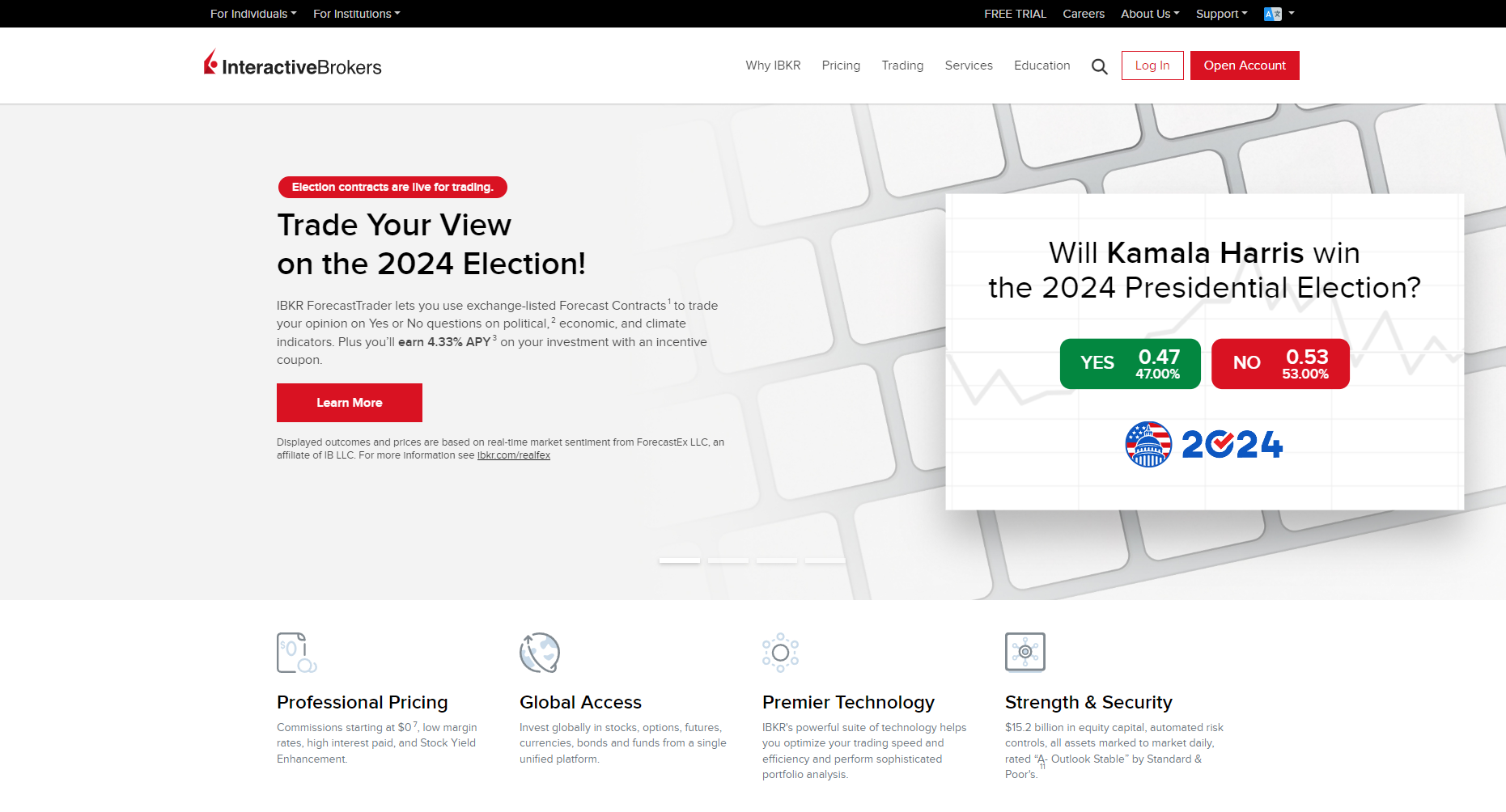
What is Interactive Brokers?
Interactive Brokers is a multinational brokerage firm headquartered in Greenwich, Connecticut, offering automated trade execution and custody services for a wide range of financial instruments, including stocks, options, futures, forex, bonds, and ETFs. Founded in 1978 by Thomas Peterffy, it has grown to become one of the largest electronic trading platforms in the United States, processing an average of 3 million trades per day as of 2023.
Advantages and Disadvantages of Interactive Brokers
Interactive Brokers Commissions and Fees
Interactive Brokers offers two main pricing plans: IBKR Lite and IBKR Pro. IBKR Lite provides commission-free trading on U.S. exchange-listed stocks and ETFs, catering to casual investors. In contrast, IBKR Pro utilizes a tiered pricing structure, offering lower costs for high-volume traders. Both plans feature no minimum balance and no maintenance fees, making them accessible to a broad range of investors.
OPEN AN ACCOUNT NOW WITH INTERACTIVE BROKERS AND GET YOUR BONUS
#2. Saxo Bank
What is Saxo Bank?
Saxo Bank is a Danish investment bank specializing in online trading and investment. Founded in 1992, it offers a wide range of financial instruments, including Forex, stocks, CFDs, futures, funds, and bonds, accessible through its proprietary online platforms. The bank serves both retail and institutional clients globally, emphasizing innovative trading solutions and partnerships with financial institutions.
Advantages and Disadvantages of Saxo Bank
Saxo Bank Commissions and Fees
Saxo Bank’s commissions and fees vary based on the account type, traded instruments, and trading volume. While it offers competitive spreads and transparent pricing, some users may find the fee structure complex, especially for less active traders. It’s essential for clients to review the detailed fee schedules to understand the costs associated with their specific trading activities.
OPEN AN ACCOUNT NOW WITH SAXO BANK AND GET YOUR WELCOME BONUS
#3. OANDA
What is OANDA?
OANDA is a global online forex broker that offers trading services in foreign exchange (forex) and contracts for difference (CFDs). Established in 1996, it provides a user-friendly trading platform suitable for both beginners and experienced traders. OANDA is known for its competitive spreads and a wide range of currency pairs.
Advantages and Disadvantages of OANDA
OANDA Commissions and Fees
OANDA operates on a spread-only pricing model, meaning it does not charge separate commissions on trades; instead, its revenue comes from the spread between the bid and ask prices. Spreads are variable and can widen during periods of high market volatility. Additionally, OANDA charges an inactivity fee of $10 per month after 12 months of no trading activity.
OPEN AN ACCOUNT NOW WITH OANDA AND GET YOUR WELCOME BONUS
#4. Webull
What is Webull?
Webull is a mobile-first brokerage platform that offers commission-free trading of stocks, ETFs, and options. Designed to cater to both novice and experienced investors, it provides a user-friendly interface with advanced charting tools and real-time market data. The platform also supports features like fractional shares and extended-hours trading, enhancing its appeal to a broad range of traders.
Advantages and Disadvantages of Webull
Webull Commissions and Fees
Webull offers commission-free trading on stocks, ETFs, and options, making it an attractive option for cost-conscious investors. However, it charges a $0.55 per-contract fee on certain index options. Additionally, while there are no fees for ACH deposits and withdrawals, wire transfers incur fees ranging from $8 to $45, depending on the transaction type.
OPEN AN ACCOUNT NOW WITH WEBULL AND GET YOUR WELCOME BONUS
#5. Moomoo
What is Moomoo?
Moomoo is a digital trading platform offering a user-friendly interface for stock, ETF, and options trading. It provides advanced charting tools and real-time market data, making it suitable for both beginners and experienced traders. With a focus on low-cost trading, Moomoo also features an active investor community for sharing insights and strategies.
Advantages and Disadvantages of Moomoo
Moomoo Commissions and Fees
Moomoo stands out for its zero-commission trading on stocks and ETFs, appealing to cost-conscious investors. Options trades involve minimal fees, which are competitive within the industry. There are no platform fees or hidden charges, making it accessible for all types of traders. However, Moomoo may have additional costs for premium market data subscriptions.
OPEN AN ACCOUNT NOW WITH MOOMOO AND GET YOUR WELCOME BONUS
When choosing an international broker in Singapore, it’s essential to consider factors such as regulatory compliance, fee structures, platform usability, and the range of available investment products to ensure alignment with your investment goals and preferences.
How to Choose the Best Broker for You
Evaluating Trading Needs
Determining whether you are a long-term or short-term trader is crucial when selecting a broker. Long-term investors may prioritize low-cost portfolios and comprehensive research tools, while short-term traders benefit from brokers offering fast execution and real-time analytics.
Comparing Fees and Commissions
Analyze the broker’s fee structure, including trading commissions, spreads, and additional charges like inactivity fees. Brokers with competitive fees, such as zero-commission platforms or low spreads, help optimize returns and reduce trading costs.
Checking Platform Usability and Features
Choose a platform that aligns with your experience level and trading style. User-friendly interfaces, advanced charting tools, and seamless navigation are essential for efficient trading. Test demo accounts to ensure the platform meets your requirements before committing.
Understanding Singapore’s Trading Regulations
Understanding Singapore’s trading regulations is essential for investors seeking to navigate the financial markets effectively.
Overview of MAS (Monetary Authority of Singapore) Guidelines
The Monetary Authority of Singapore (MAS) serves as the nation’s central bank and financial regulatory authority. It establishes comprehensive guidelines to ensure the stability and integrity of Singapore’s financial system. These guidelines encompass various aspects, including licensing requirements, conduct standards, and reporting obligations for financial institutions. For instance, MAS has issued guidelines on fair dealing, emphasizing the responsibilities of financial institutions to deliver fair outcomes to customers.
Benefits of Trading with Regulated Brokers
Engaging with brokers regulated by MAS offers several advantages:
- Investor Protection: Regulated brokers must adhere to stringent standards designed to protect investors’ interests, including the maintenance of segregated client funds and compliance with anti-money laundering regulations.
- Transparency: These brokers are obligated to provide clear and accurate information regarding their services, fees, and potential risks, ensuring that investors can make informed decisions.
- Dispute Resolution: In the event of disputes, investors have access to formal channels for resolution, with regulatory authorities overseeing the process to ensure fairness.
Risks of Using Unregulated Platforms
Utilizing unregulated trading platforms poses significant risks:
- Lack of Oversight: Without regulatory supervision, unregulated brokers may engage in unethical practices, such as price manipulation or withholding client funds.
- No Investor Protection: Investors have limited recourse in cases of fraud or insolvency, as unregulated brokers are not bound by the protective measures enforced by regulatory bodies.
- Potential for Fraud: The absence of regulatory oversight increases the likelihood of encountering fraudulent schemes, leading to potential financial losses for investors.
In summary, adhering to MAS guidelines and choosing regulated brokers are crucial steps in safeguarding investments and ensuring a secure trading environment in Singapore.
Conclusion:
Singapore offers unparalleled access to some of the world’s top brokers, making it easier than ever to achieve your trading goals. From regulation to features, the brokers in our list stand out for their reliability and performance. Be educated and do an online broker research before trading. Ready to start trading? Choose one of these brokers today and take the first step towards financial growth!
Also Read: The 5 Best Trading Platforms in Singapore in 2024: A Complete Guide for Traders
Frequently Asked Questions About International Brokers in Singapore
What is the minimum deposit required?
Minimum deposits vary by broker, with some like Interactive Brokers requiring as low as S$1, while Saxo Markets requires S$3,000. It’s important to review each broker’s requirements to match your investment capacity.
Are international brokers in Singapore tax-compliant?
Most international brokers comply with local tax regulations and provide documentation for tax reporting. However, investors are responsible for ensuring accurate reporting based on Singapore’s tax laws.
How secure are these platforms for Singaporean traders?
MAS-regulated brokers in Singapore adhere to strict security standards, including fund segregation and advanced cybersecurity measures. Choosing a regulated broker ensures a safer trading environment for your investments.

